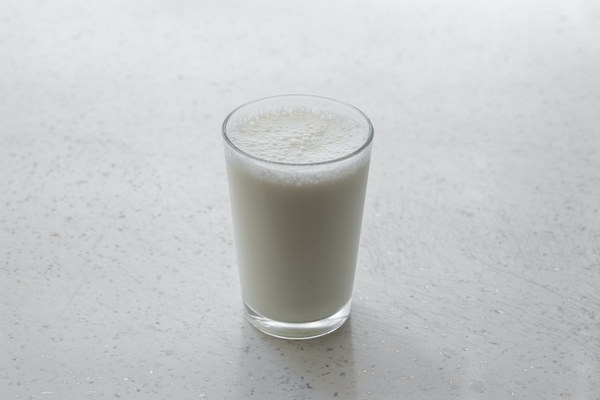Nurturing Liver Health A Daily Commitment to Vitality and Well-being
In the fast-paced modern world, where stress and unhealthy lifestyles are prevalent, prioritizing liver health has become more crucial than ever. The liver is a vital organ that plays a significant role in detoxification, metabolism, and overall bodily functions. By incorporating daily habits that nurture and protect this powerhouse organ, we can enhance our well-being and vitality. Here’s a closer look at how to make the daily commitment to liver health.
1. Maintain a Balanced Diet

A balanced diet is the cornerstone of liver health. Include a variety of fruits, vegetables, whole grains, lean proteins, and healthy fats in your meals. These foods provide essential nutrients and antioxidants that support liver function.
- Consume plenty of cruciferous vegetables such as broccoli, cauliflower, and Brussels sprouts, which contain compounds that support liver detoxification.
- Include nuts, seeds, and legumes for a healthy dose of fiber, vitamins, and minerals.
- Incorporate lean proteins such as chicken, turkey, and fish, which aid in liver repair and growth.
- Choose healthy fats like olive oil, avocados, and fatty fish, which are essential for liver function and overall health.
2. Stay Hydrated
Water is crucial for liver health as it helps to flush out toxins and maintain optimal liver function. Aim to drink at least 8 glasses of water daily, and increase your intake if you are physically active or live in a hot climate.
3. Limit Alcohol Consumption
Excessive alcohol consumption can lead to liver damage and diseases such as cirrhosis and liver cancer. Limit your alcohol intake to moderate levels, or better yet, avoid it altogether.
4. Exercise Regularly
Physical activity helps improve liver function and promotes overall health. Aim for at least 30 minutes of moderate exercise most days of the week. Activities such as walking, jogging, swimming, or cycling are great for the liver.
5. Manage Stress
Chronic stress can lead to increased levels of cortisol, a stress hormone that can negatively impact liver health. Find ways to manage stress, such as practicing mindfulness, meditation, yoga, or engaging in hobbies that you enjoy.
6. Get Adequate Sleep
Sleep is essential for liver health, as it allows the liver to repair and regenerate itself. Aim for 7-9 hours of quality sleep each night to support optimal liver function.
7. Avoid Harmful Substances
Exposure to harmful substances can damage the liver. Avoid smoking, drug use, and exposure to toxic chemicals as much as possible.
8. Regular Check-Ups
Regular health check-ups can help detect liver problems early. If you have a family history of liver disease or other risk factors, be sure to discuss them with your healthcare provider.
By incorporating these daily habits into your routine, you can nurture and protect your liver, ensuring optimal health and well-being. Remember, the liver is a resilient organ, but it requires your commitment to maintain its vitality. Start today, and make the daily commitment to liver health.









